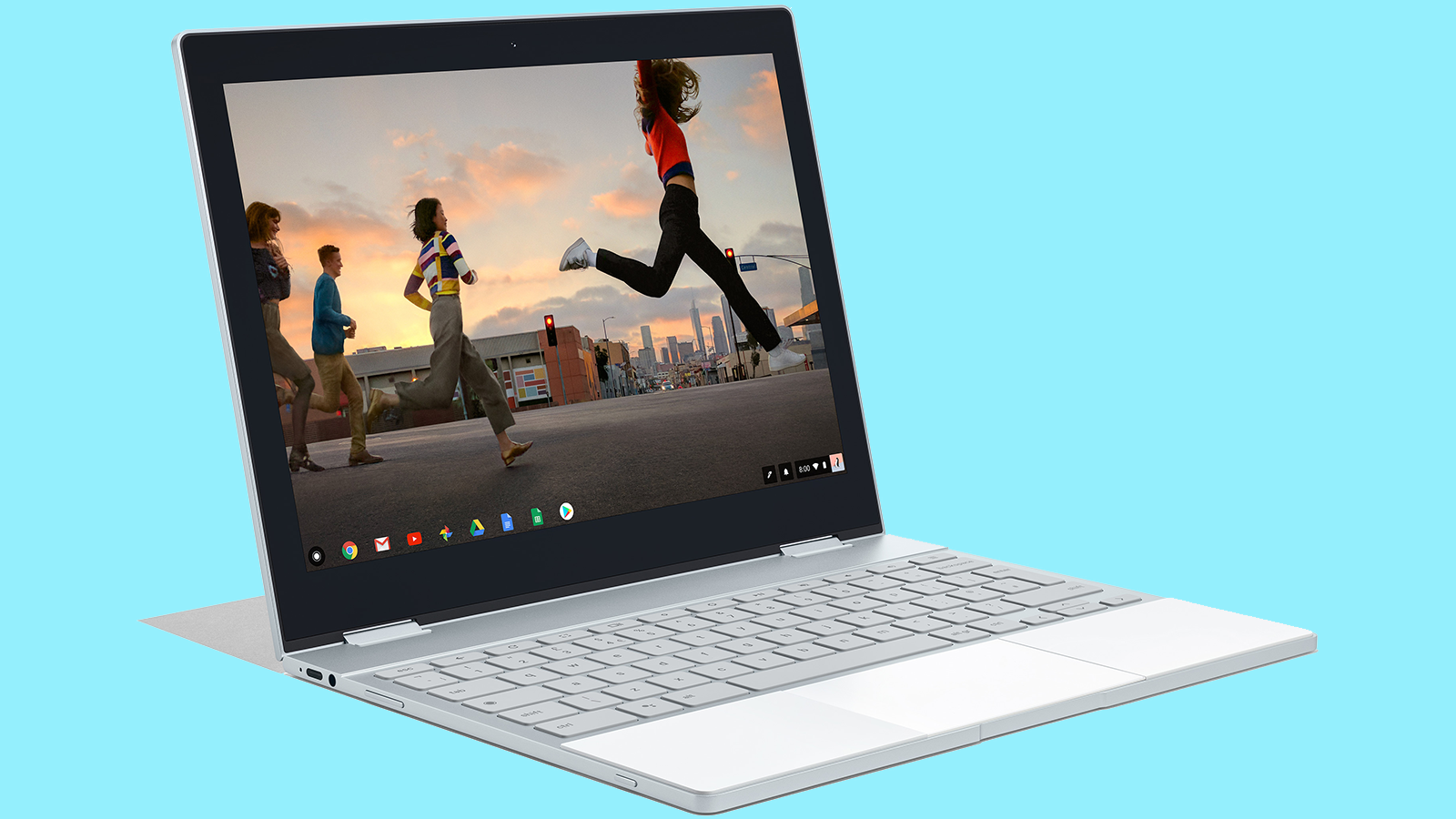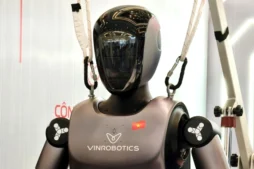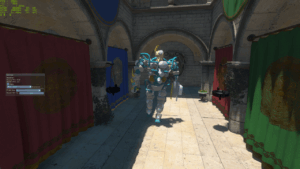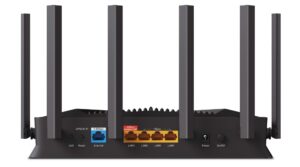Google Reportedly Kills Chromebooks with Nvidia GPUs

Google has cancelled its codenamed Agah, Hades, and Herobrine Chromebooks motherboards reference designs with discrete GPUs, which signals that the company may have cancelled its higher-end gaming Chromebooks project in general, reports Ars Technica. Of course, it is possible that the company cancelled these parts to focus on something else, but it does not look like Chromebooks with standalone GPUs are around the corner.
“Herobrine, Hades, and Agah are all cancelled,” a developer wrote in a comment for an AboutChrombeeks post. “The infra (overlays, builders, etc.) have already been shut down for them. Delete.”
Google initiated a project to design gaming-centric Chromebooks back in 2021 in a bid to grab another part of the enthusiast PC market. Although these devices boasted things like customizable keyboards with RGB lighting effects and displays with high refresh rates, their reliance on integrated GPUs predestined their usage primarily for cloud gaming platforms, like Nvidia’s GeForce Now and Microsoft’s Xbox Cloud Gaming.
Excitement grew late in late 2022 when signs of a more locally gaming-oriented Chromebook emerged. Reference motherboard codenamed Hades came with a discrete GeForce RTX 4050 GPU, a chip that is set to power entry-level Windows-based gaming laptops. In addition, Google developed Agah and Herobrine reference designs with standalone Nvidia graphics processors. As a result, Chromebooks based on these boards will not make it to the market. Unless, of course, some prominent Chromebook backers decide to proceed with a Chromebook featuring a discrete GPU themselves.
There undeniably existed a potential market for these gaming Chromebooks. With their widespread use in educational settings, students could have benefited from a game-capable Chromebook running a familiar platform. However, the project would have inherited common gaming laptop peculiarities, such as higher power consumption and shorter battery life, which is crucial for students.
But gaming on ChromeOS is riddled with obstacles. Google had managed to adapt the Linux-based Steam client for Chrome OS. With ChromeOS’s inherent Linux architecture, it can run numerous Windows games through the Proton layer. Yet, there were hurdles. As of November 2022, crucial software like anti-cheat systems for several online games remained incompatible. Other issues, such as performance lags on 2560×1440 and 4K displays and the necessity for storage workarounds for certain game installations, plagued the system.
In fact, the complexities of porting Windows games to Linux and Linux applications to ChromeOS would have made these machines considerably less appealing than traditional Windows laptops for gamers. This, combined with an overall dip in the PC market and the intricacies of integrating Nvidia GPU drivers into ChromeOS, may have influenced Google’s decision to abandon the endeavor.














